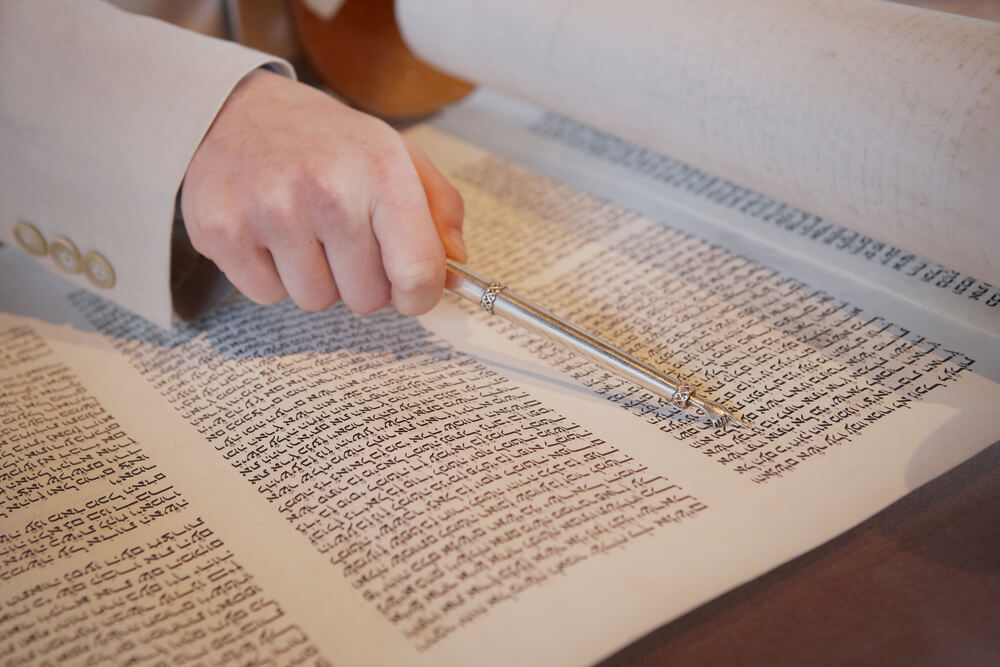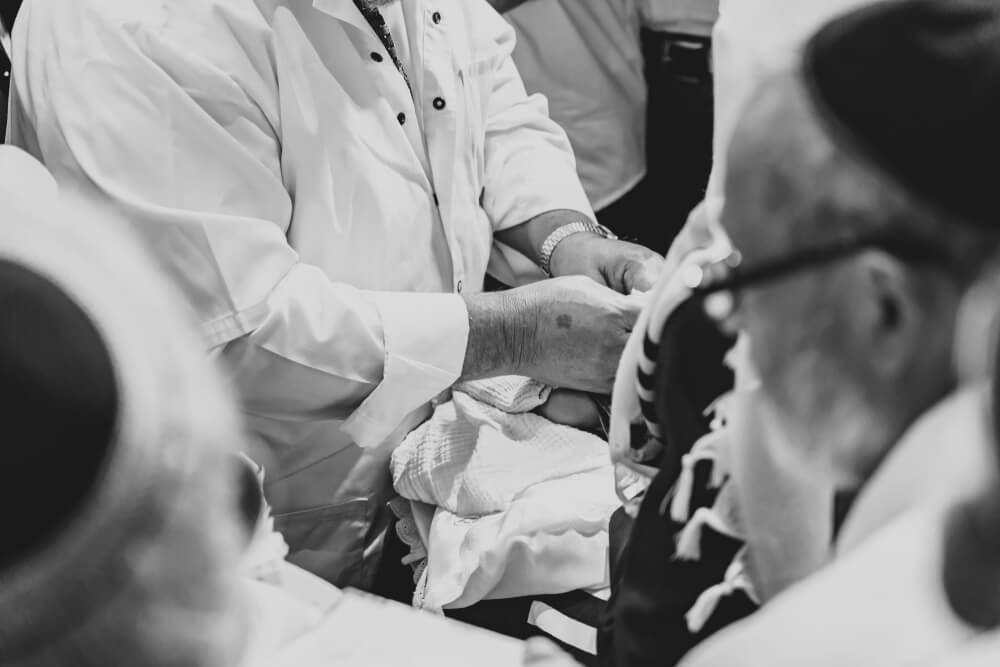If you are expecting a little baby boy and if you are planning to welcome his arrival into the world aligned with Jewish traditions, one of the first and most important things you will have to think about is the bris milah, or the sacred circumcision procedure, in which your little bundle of joy becomes a fully-fledged member of the Jewish community.
If you have conducted some research on the topic before, you should then be aware that circumcision takes place on the eighth day of life or the day of the baby boy’s birth. In this regard, the number eight symbolizes the supernatural or metaphysical connection between the Creator and the Jewish communities across the globe.
And while all this sounds pretty straightforward, what to do when the bris happens to be on the Jewish Day of Rest or the Shabbat? Can you perform a bris on Shabbat? Here at Dr. Andrew Krinsky Mohel’s practice, we aim to give you a definite answer.
What Is Shabbat?
Before getting a definite answer, let’s first explore: what is Shabbat? In simplest terms, Shabbat is the Jewish Day of Rest, the sixth day of the week, where the followers of the faith rest and restrain from work and physical activity.
Instead, they observe Shabbat by remembering biblical events, like the creation of the heavens and the world in six days, along with their redemption from slavery and their Exodus from Egypt.

Bris On Shabbat: Is It Possible?
So, how many days after birth is a bris if the particular eighth day falls on Shabbat? Can it be done? The short answer is, yes, the bris can be performed on Shabbat. To be more precise, this is among the very few mitzvahs that won’t clash with the sanctity of the Jewish Day of Rest. Still, there are specific guidelines that should be adhered to for the mohel to perform the bris on Shabbat.
Below are the guidelines that should be taken into account to make the performance of the Bris on Shabbat eligible:
Natural Birth
Only babies who were delivered naturally are eligible to enter the covenant with God this way on Shabbat. That said, those babies who’ve been delivered with Cesarean section will have their circumcision performed one day later. This is strictly based on the verbiage used in the Torah’s commandment in Leviticus.
Proper Preparation
The family of the baby boy and the mohel must prepare everything for the bris milah (like meals or tools) before Friday sunset. That said, only the essential tasks that pertain to the sacred procedure are allowed to be performed on the Jewish Day of Rest.
Determining Proper Day of Birth and Circumcision
The actual Friday’s time of birth will play a crucial role in determining whether the baby is allowed to be circumcised during the Shabbat or should be postponed for the day after. On that end, if the baby was born somewhere after sunset on a Friday but before twilight (in Jewish Law, that’s before nightfall), it’s actually challenging to determine when exactly the baby was born (whether on Friday or actually on Saturday).
In these cases, Jewish Law postpones the circumcision procedure for the ninth day to avoid any confusion or unwanted headaches.
Unexpected Delays
In cases when the circumcision was set originally for a weekday but needed to be delayed because of unexpected events, the mohel will postpone the circumcision ceremony for the next free weekday, which isn’t on a Holiday or on Shabbat.
Bris on Shabbat: Do They Clash?
Some members of the community might be a bit confused or think that there’s a clash between these two mitzvot.
Still, experts agree that they do not clash when circumcision takes place at the exact time when it needs to, as it actually supersedes the Shabbath’s prohibition of work. Still, if the circumcision isn’t on the eighth day, it can’t override the Shabbat’s obligation nor the obligation of other Jewish holidays.
On the other hand, modern interpretations of the topic see that both mitzvot have such a sacred nature that they actually don’t contradict each other. Both, in a way, actually cherish and observe the Jewish community’s dedication toward God and aim to strengthen the bond between the people and the Creator.
Simply put, the act and importance of circumcision sit on a higher level than the sacred restrictions dictated by Shabbat.
Other Holidays
The rules and processes discussed above also imply and carry over to other Jewish events such as the first two days of Sukkot, Rosh Hashanah, the first and last two days of Passover, Shemini Atzeret, Sichat Torah, and both days of Shavuot.
On the other hand, specific forms of work are permitted on other Jewish holidays. Still, most of the basic preparations for the brit milah should be taken care of before the holiday’s onset.
On that end, you can always check with a competent Mohel for the details.
When the Brit Milah Is Performed on Holidays
Rosh Hashanah
The ceremony takes place during the morning services after the Torah reading but before the shofar blowing.
Sukkot
The ceremony will be performed during usual times, but not during the sukkah, while the celebratory meal will take place in the sukkah.
Yom Kippur
Just like in the case of Rosh Hashanah, the brit is performed at the morning services after the Torah reading. The meal celebrating the procedure will be held after the fast is over at night.
Tisha B’Av
The ceremony will be performed after the Kinot recitation at the morning service’s end. Similarly to Yom Kippur, the celebratory meal will be held when the fast is over at night.
Purim
In the case of Purim, the brit milah is performed during morning services after the readings from the Torah but before the megillah scroll reading. If performed at home, the circumcision can be performed after the scroll readings.

Learning More About Traditions the Right Way
While Jewish traditions are often straightforward and simple to follow, there are some specific circumstances where the laws can be a bit difficult to interpret. In these cases, the help of an educated and dedicated Mohel can always help the members of the community make the right decisions.
That said, if you too need help with anything related to the act of Jewish circumcision or other faith-related question, feel free to reach out to us today. Dr. Andrew Krinsky will be more than happy to help you find the answers to your questions and will be even more delighted to aid you on your baby boy’s big day.



